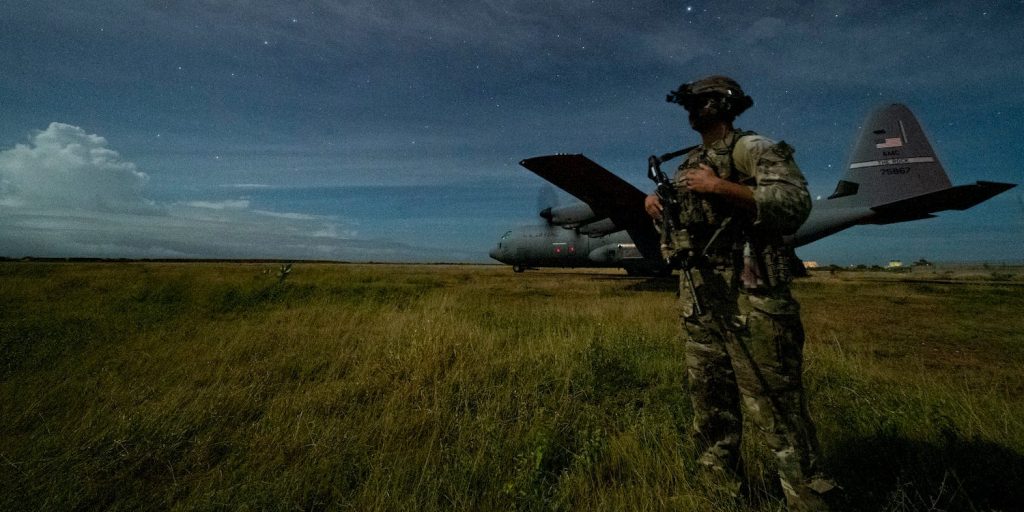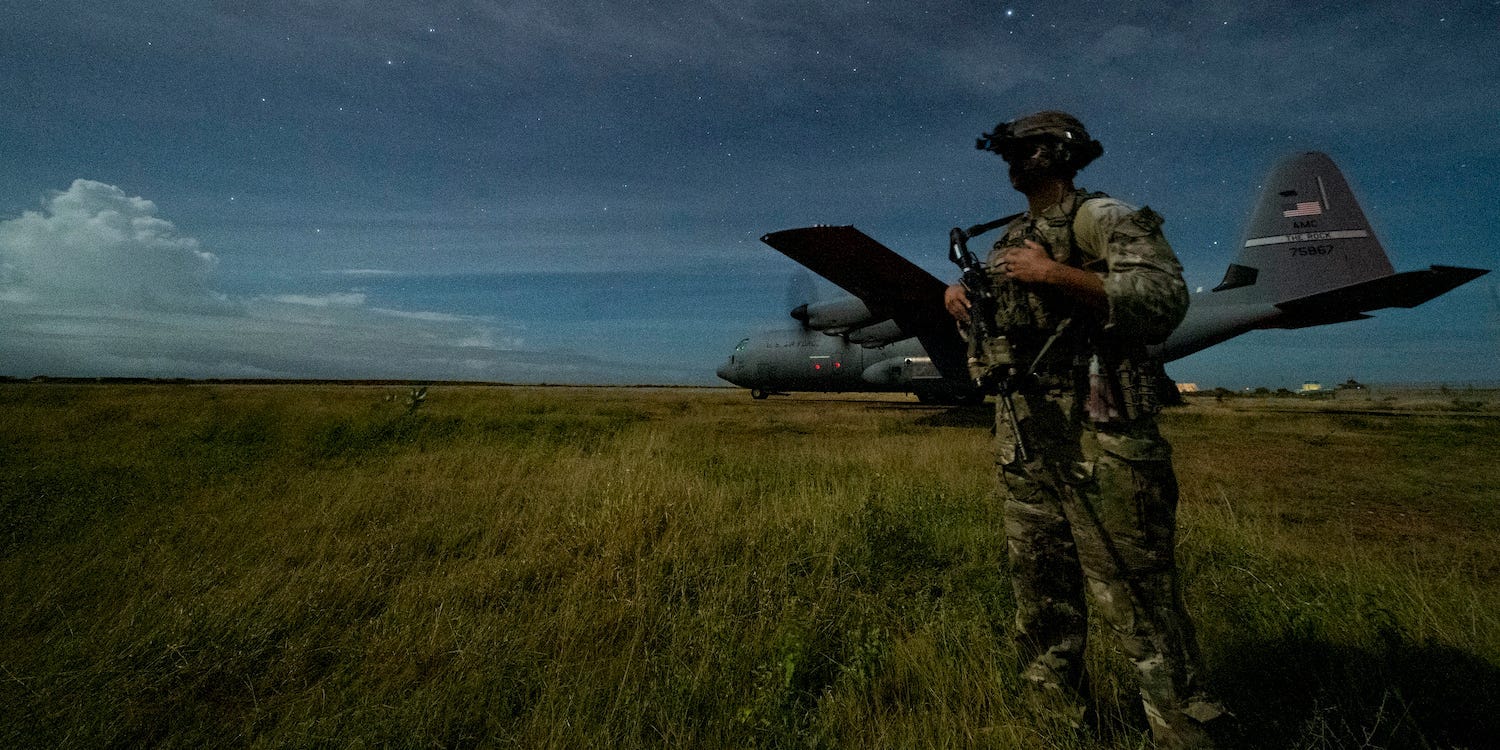
Tech. Sgt. Christopher Ruano/ AP
- Renewed competition with Russia and China means Africa is growing as an arena for geopolitical maneuvering.
- The US commandos who fought extremist groups in Africa for 20 years now have to counter Chinese and Russian influence there as well.
- See more stories on Insider's business page.
As competition between the US and China and Russia ramps up, Africa is once more becoming a geopolitical battlefield.
US special-operations forces have long had a presence in Africa. Over the last 20 years, American commandos have focused on fighting terrorism, mainly in North and East Africa.
Now, in addition to fighting violent extremist groups, they have to counter Chinese and Russian overtures in a region where great powers are increasingly competing for access, influence, and resources.
Competing with different rules
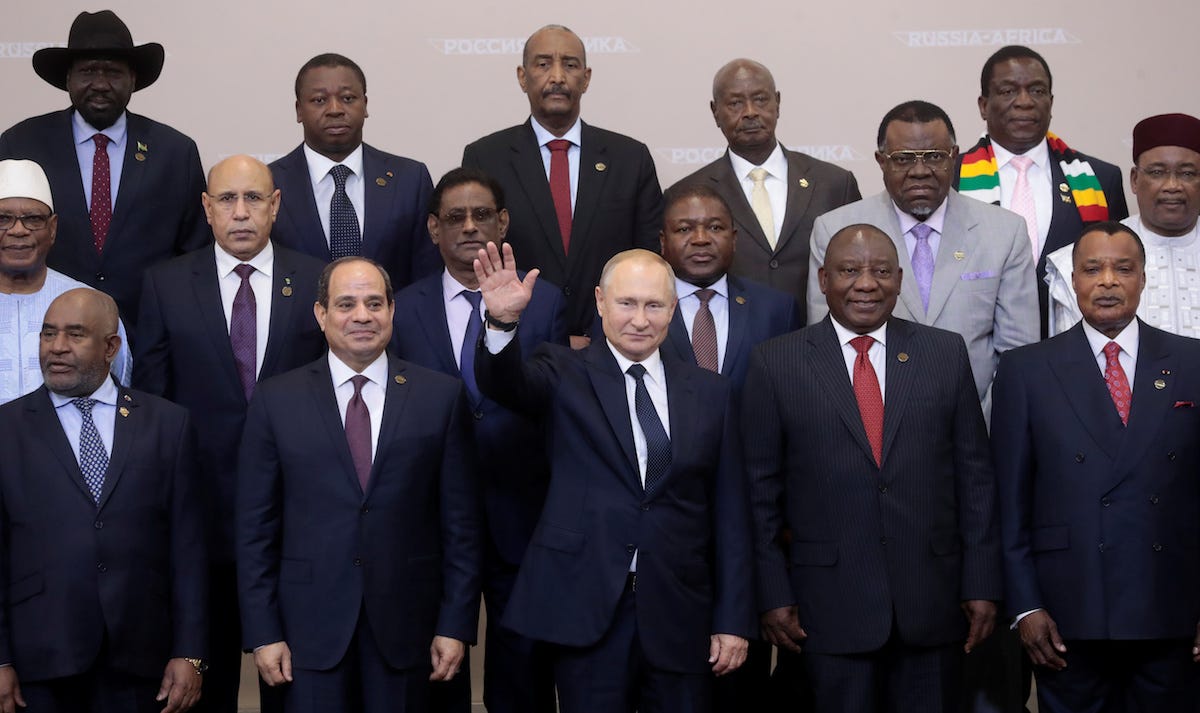
Sergei Chirikov/Pool via Reuters
The US has a vastly different approach to Africa than its competitors.
Chinese aid, in the form of loans or infrastructure development, is often criticized as predatory and as part of Beijing's quest for natural resources and global legitimacy. Russia sells arms and provides political advisors in addition to hunting for lucrative contracts for natural resources and other geopolitical benefits.
The US focuses on building relationships and promoting the rules-based international system and democratic values. The US also offers loans or grants, though their terms, which often encourage or require reforms, can be a turn-off for autocratic leaders, who gravitate toward Chinese and Russian offers with fewer strings attached.
Military engagement is also an important part of US outreach to the continent, but for many years, Africa fell outside of what the Pentagon and US intelligence agencies considered important. With wars in Afghanistan, Iraq, and Syria demanding almost all of its attention, the US largely ignored Africa.
As great-power competition between the US, China, and Russia heats up, the continent is becoming an undeclared battlefield that allows US troops to study the capabilities of their competitors.
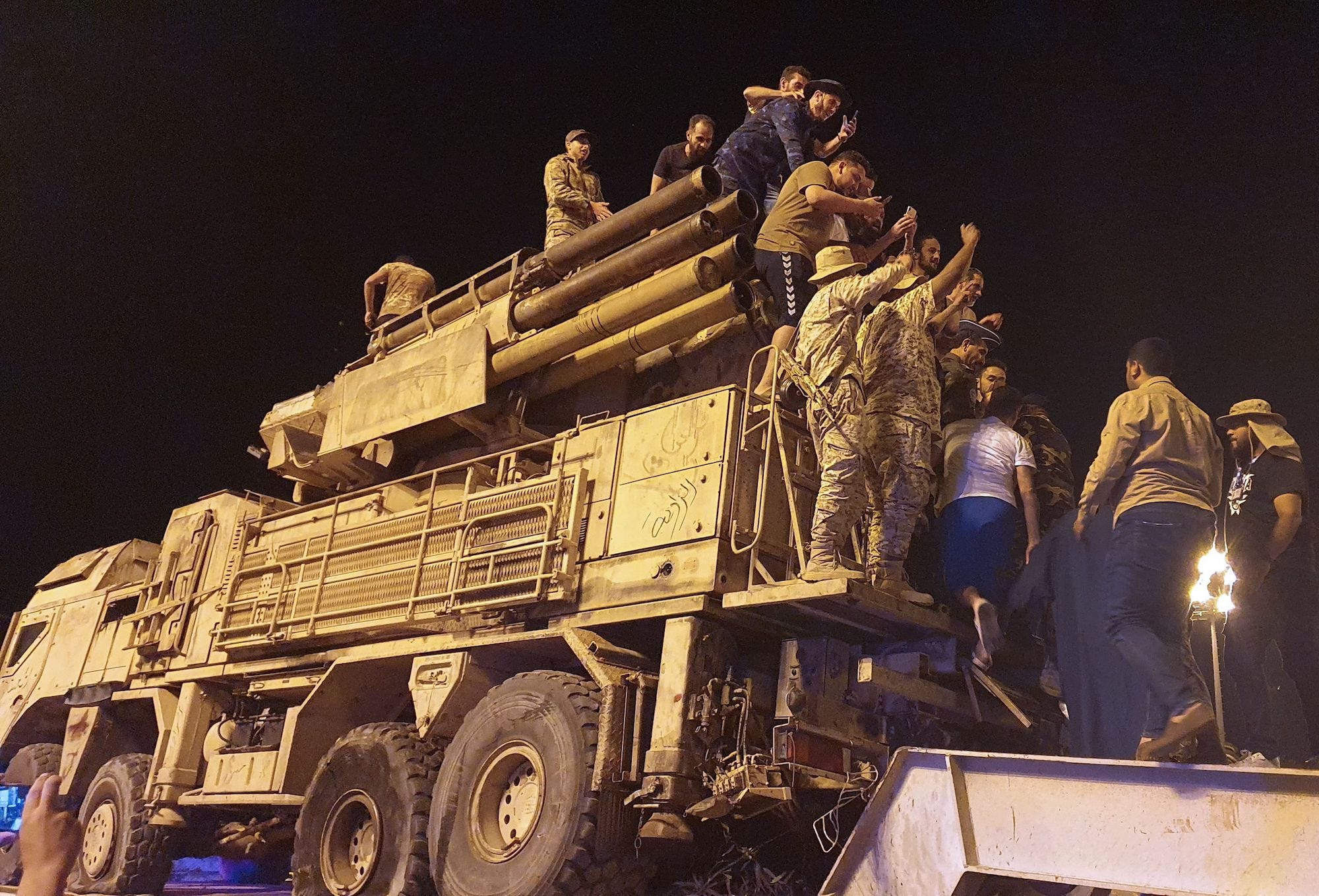
MAHMUD TURKIA/AFP via Getty Images
Africa has been seen as "very low" in importance by people of "high influence" in the US Defense Department, a Special Forces operator who recently rotated back from the continent told Insider.
"Now that the area is proving to be more valuable to other near-peer threats, it is naturally more valuable to us as well, considering the way the near-peer countries are conducting 'business' over there," the Green Beret added.
Contrary to the Chinese and Russian approach, the US dedicates most of its efforts to working with partner militaries, training, advising, and sometimes leading them.
But the US is doing "very little" to counter those near-peer competitors in Africa, according to John Black, a retired Special Forces warrant officer with extensive experience in Africa.
"The Chinese are buying up everything, such as mines," Black told Insider. "Right now we are focused on helping the partnered country, however, losing focus of the continent as a whole."
As in any other region, US actions in Africa can trigger Chinese or Russian responses - and vice versa - there or elsewhere in the world. That might explain the reluctance to engage the competition more directly to counter their initiatives.
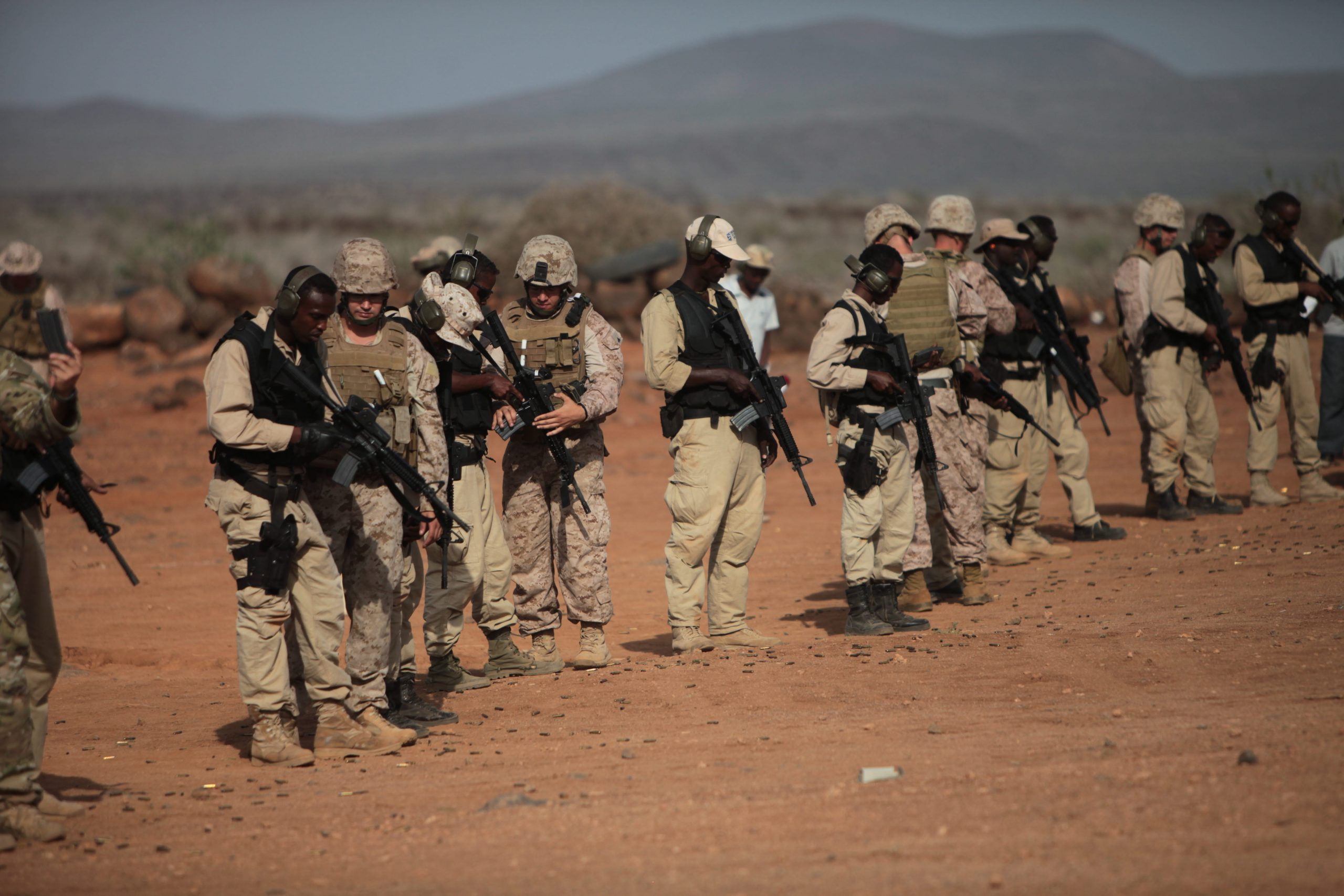
Marine Corps via 1st Lt. Dominic Pitrone
But that reluctance might also mean the US lacks a clear view of how Africa fits into its overall strategic vision. Solving that problem requires a clear and robust national strategy that marries all aspects of diplomatic, economic, and military policy - and communicating it clearly.
"We need our ambassadors to look at the country as a whole and take more risks, use [the US] military arm to effect real change within a country. Most ambassadors are afraid to create a ruckus, if you will. They just want to buy their time until the next guy. Most are State Department and not presidential appointed. They usually hold us back," Black added.
China or Russia might not hesitate to work with a dictator with an abdominal human-rights record to further their geopolitical goals. US forces, however, are restricted by humanitarian and legal considerations. This rigidness applies especially to operations with partner militaries that might not abide by the Geneva Conventions.
"We were once working with a local military that had a reputation of being very 'trigger happy' on the field, and all of the guys on the team were surprised we were helping them because of our very strict" rules of engagement, the Green Beret said. "In this job, sometimes you've got to sleep with strange bedfellows to achieve the overall goal, but that's where our training thrives."
What about terrorism?
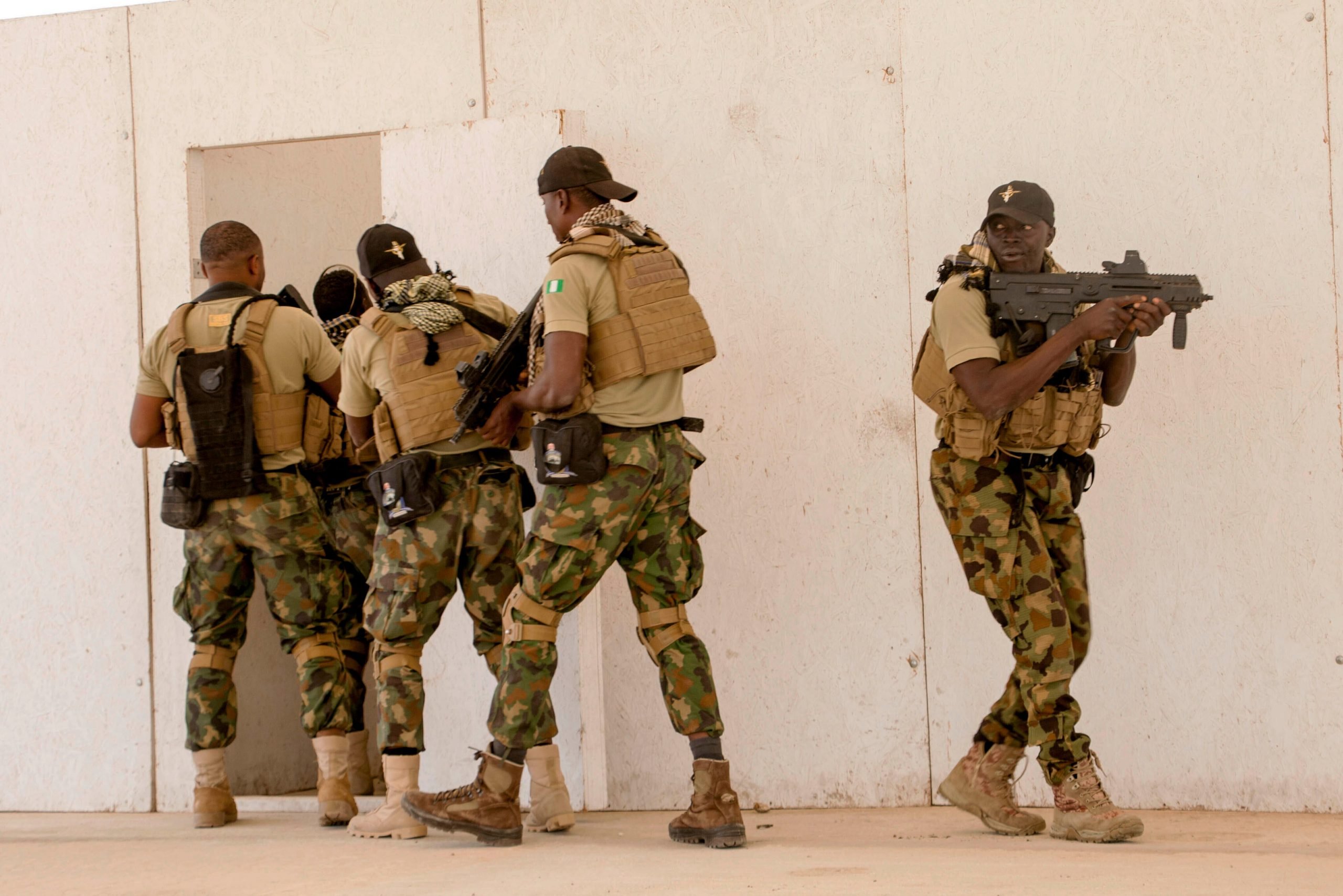
Associated Press
Even with the new focus on China and Russia, countering terrorism and violent extremist organizations - such as Boko Haram, Al Shabaab, and Al Qaeda - remains a high priority for US Special Operations Command.
US commandos will have to balance operations that are more akin to conflict with a traditional near-peer state with the ongoing intelligence-gathering and direct-action missions that served well against terrorist groups over the past 20 years.
The US isn't alone in that battle against terrorism. European nations are contributing significantly, with France leading the way in the Sahel G5 region - Burkina Faso, Chad, Mali, Mauritania, and Niger - since 2014. Several other European nations have contributed conventional and special-operations troops.
"The Americans have helped us in the Sahel, especially indirectly with technological and intelligence support, like drones and other surveillance platforms. Honestly, they have capabilities we don't, or at least not readily available, and it has been good to have them by our side," a French Foreign Legion paratrooper who has completed several deployments to Africa told Insider.
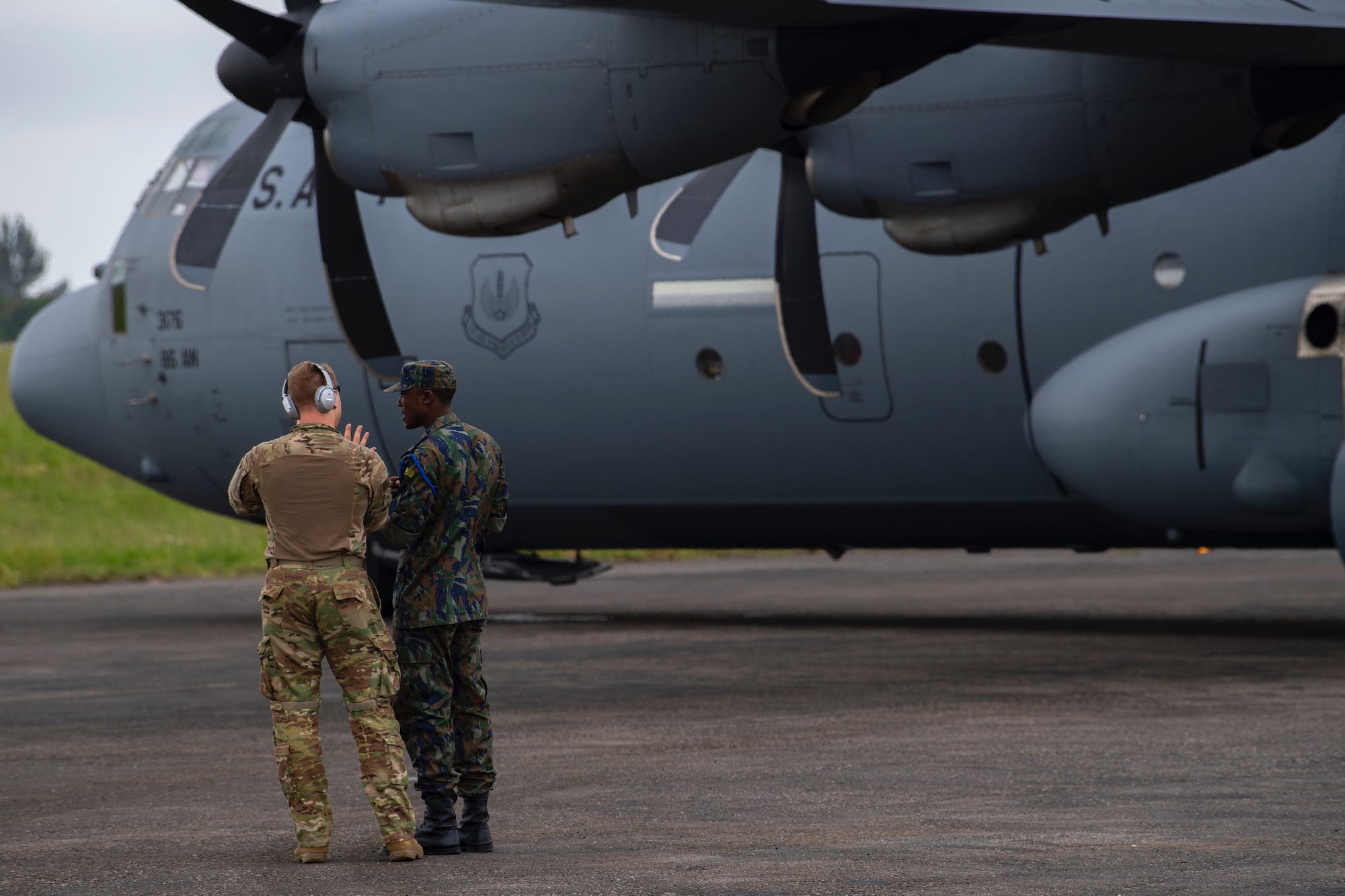
US Air Force/Tech. Sgt. Chris Hibben
The US is still a sought-after partner in Africa. Earlier this year, with an Islamist insurgency bearing down on it, Mozambique's government turned to the US for military help. US Army Special Forces teams went in to train and advise their Mozambican counterparts.
"It might seem we've taken a step back from Africa, but the relationships we've created over so many years are still there. When it comes to developing nation militaries, unit-to-unit relationships matter a lot," a reserve Navy SEAL officer told Insider.
"Let's say we've got a terrorist [high-value target] hiding in X country. We could call the local commander of their tier 1 unit - whom we've trained - and set up something. That is a sort of strategic flexibility you won't find anywhere else," the officer said.
Stavros Atlamazoglou is a defense journalist specializing in special operations, a Hellenic Army veteran (national service with the 575th Marine Battalion and Army HQ), and a Johns Hopkins University graduate.
